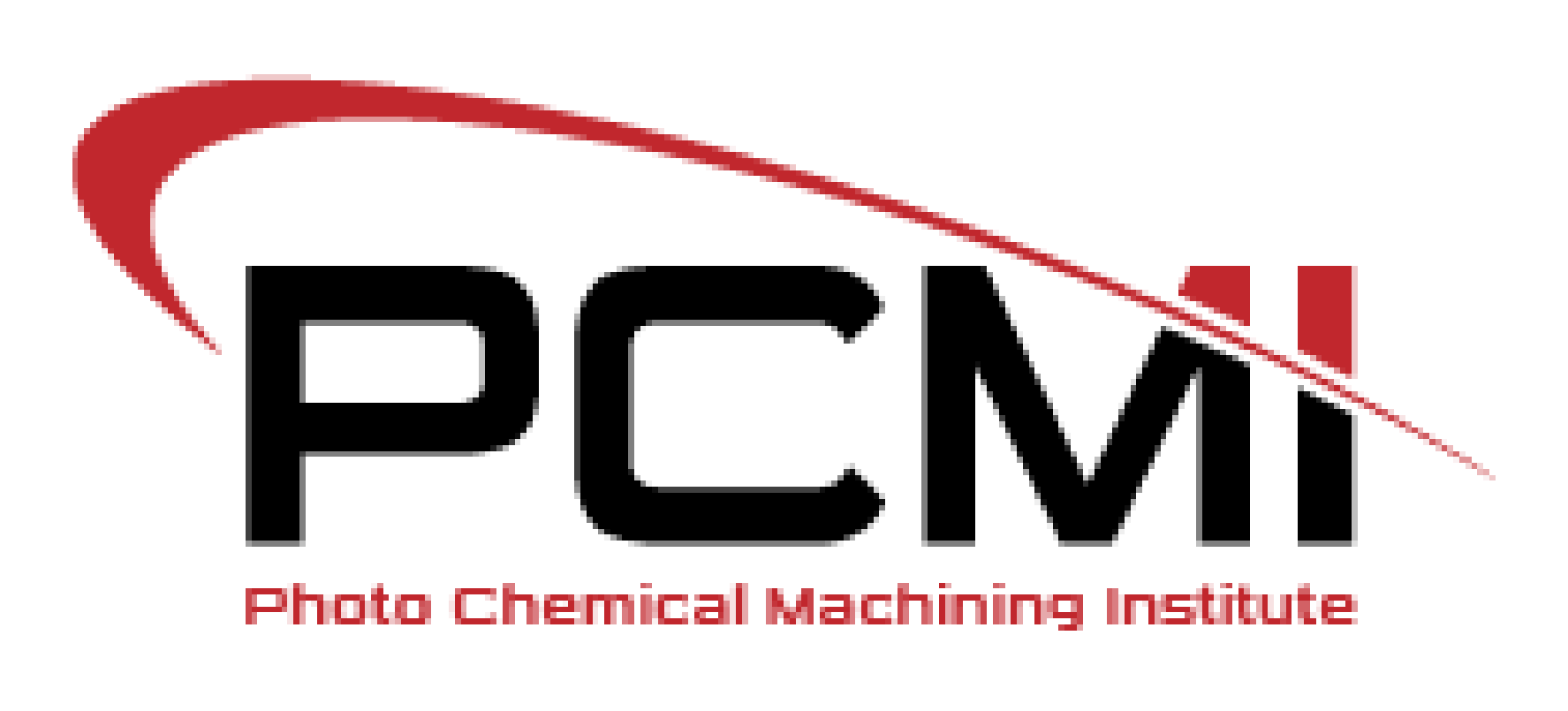Webinar: Direct Imaging – Insights and Advancements
November 19, 2024, from 11 AM to 12 PM ET
Registration Fees:
-
PCMI Members: $50 per person (up to three attendees)
-
Group Rate for PCMI Members: Four or more attendees for $150
-
Non-Members: $100 per person
Abstract
Exposure of a photoresist to UV/visible radiation causes photochemical reactions to occur in its chemical composition. In a negative-working photoresist, the resultant higher molecular weight photoproduct results in lower solubility. Thus, the unexposed areas of the photoresist can be dissolved in a suitable chemical solution (developer) much faster than the exposed areas of the photoresist. This post-exposure solubility difference is exploited in the development process to create apertures in a resist stencil.
This webinar covers monitoring and control of exposure variables, developer composition, and development time in a conveyorized spray developer system to produce the optimum aperture profile in a resist stencil that adheres strongly to a metal foil prior to etching.
David Allen
Prof David Allen, Emeritus Professor of Microengineering, Cranfield University, UK
Emeritus Professor David Allen started his career as a chemist (BSc, 1968) and moved into photochemistry research (PhD, 1972) while studying at Cardiff University. Following post-doctoral research at Warwick University and imaging technology development in industry, David joined Cranfield University in 1976. He was appointed a Technical Liaison Member to the Photo Chemical Machining Institute (PCMI) in 1981 and is currently on the Board of Directors of PCMI responsible for education. David became a Professor of Microengineering at Cranfield University in 1998 and was elected as a Fellow of The International Academy for Production Engineering (CIRP) in 2006.
David has published:
- Two PCM books: “The Principles and Practice of Photochemical Machining and Photoetching” (1986) and “Photochemical Machining and Photoelectroforming” (2015, reprinted 2016, 2017 and 2019)
- five book chapters on non-conventional machining and contributed the chapter on ‘Etching’ to the online CIRP Encyclopedia of Production Engineering
- seven confidential industrial PCM consortium reports
- 206 journal and conference papers and was awarded the higher doctoral degree of DSc from Cranfield University in 2013 for his thesis entitled “Contributions to Photochemical Machining and Photoelectroforming”.
David retired from academia in 2011 and he now carries out consultancy and staff training in PCM companies across the world. He has worked with 27 different companies over the past 12 years.
Price range: $50.00 through $150.00
